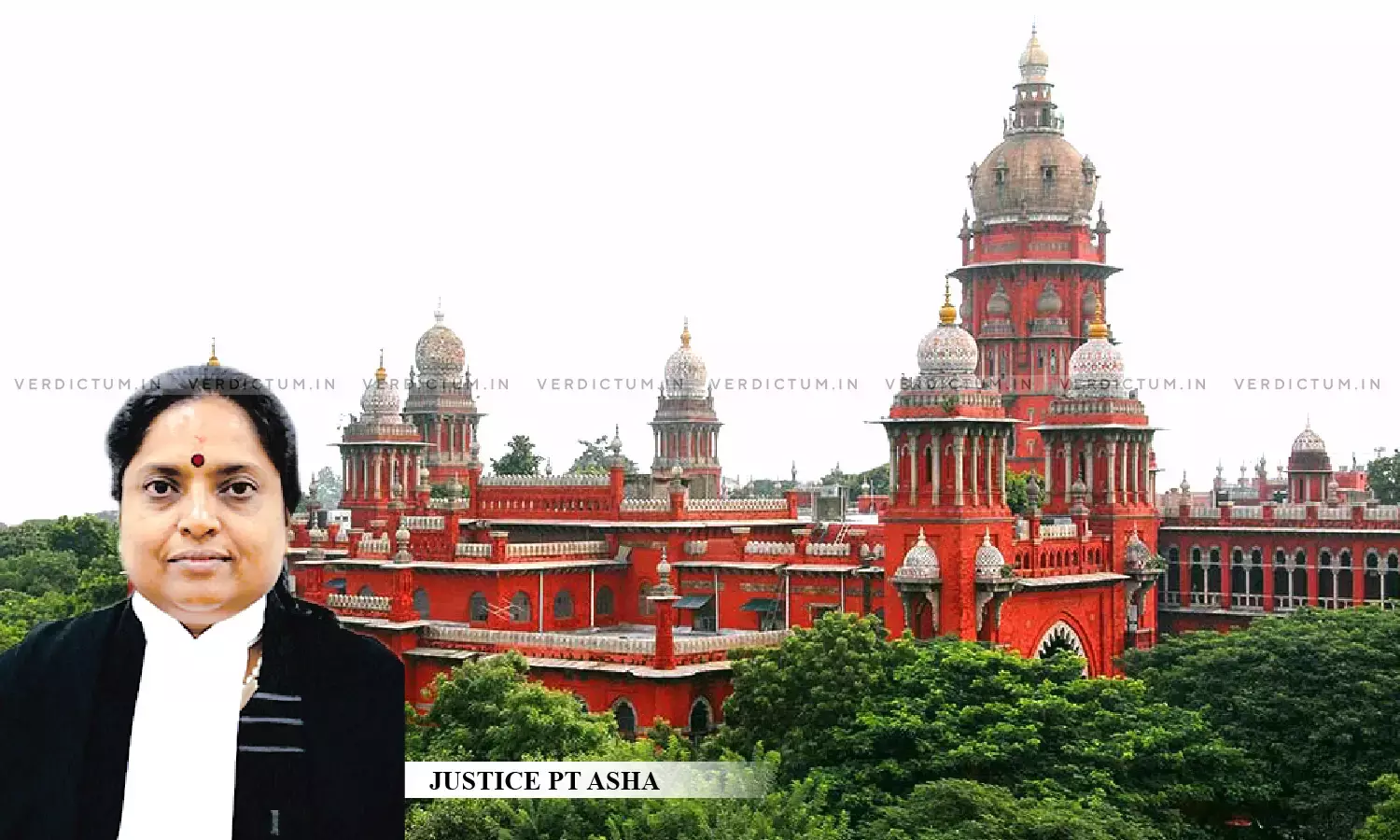Vehicle Adapted For Use For Physically Challenged Person Is Entitled To Concession From Payment Of GST: Reiterates Madras HC

While observing that the High Court on an earlier occasion was dealing with the cases of exemption in respect of the adapted vehicle adapted for the use of a physically challenged person, and had directed the petitioner entitled to the concession after relying upon Sections 2(1) and 52(1) of the Tamil Nadu Motor Vehicles Taxation Act, 1974, the Madras High Court has ruled in favor of a visually handicapped woman, granting her exemption from Motor Vehicle Tax and Goods and Services Tax.
The High Court ruled so while considering a petition seeking a direction to the Department of Heavy Industry to extend the GST, Road Tax, Toll Tax, and registration concession to the petitioner for purchasing a four-wheeler [TATA NEXON XE-Car (Petrol) Derik Motors Private Limited] in the light of the orders passed by the Court of Chief Commissioner for persons with Disabilities in Case No.12149/1141/2020 dated Dec 01, 2020.
A Single Judge Bench of Justice P.T Asha observed that “Considering the recommendation of the Commission, which is a Commission specifically established for the disabled and taking into consideration the fact that today the visually challenged persons are having more opportunities of employment even in the Government sector and their commuting to the place of work becomes challenging, this Court is of the opinion that the exemption has to be granted to the petitioner”.
Advocate R. Karunanidhi appeared for the Petitioner, whereas Senior Advocate S. Ponsenthil Kumaran appeared for the Respondent.
The brief facts of the case are that the petitioner, a visually handicapped woman, who held a disability identity card indicating 100% physical impairment, intended to purchase a car for her personal use. Due to her visual impairment and being a woman, she found travelling in taxis and autos to be a daunting scenario. To address her concerns, she sought to take advantage of a Government Order that granted tax exemptions under the Tamil Nadu Motor Vehicles Taxation Act, 1974, for motor vehicles designed or adapted for the use of disabled persons. However, her requests for tax exemptions were rejected by the authorities. They argued that her vehicle would not undergo any changes in its form and therefore did not qualify as an adapted vehicle eligible for the exemption. Additionally, her request for exemption from the GST was also denied, with the authorities citing that the scheme only applied to orthopedic or locomotory applicants.
After considering the submission, the Bench took note of the order of the Court of the Chief Commissioner for Persons with Disabilities (Divyangjan), in which various types of disabilities, including locomotory, hearing impairment, and visual impairment, were addressed.
The Bench found that the Commission had determined that individuals with complete blindness or hearing impairment were unable to drive vehicles independently and recognized visually challenged individuals as Persons with Disabilities (PwD).
“As a result, the Commission had recommended that the Department of Heavy Industries, Ministry of Heavy Industries and Public Enterprises, and Department of Revenue, Ministry of Finance, Union of India should amend their rules to provide concessions in GST, road tax, toll tax, and other areas for these individuals”, added the Bench.
Therefore, the High Court allowed the petition and directed the concerned authority to issue the necessary orders exempting the petitioner from motor vehicle tax and GST.
Cause Title: Carunia Seelavathi v. The Secretary to the Government of Tamil Nadu and Ors.
Click here to read/download the Order

